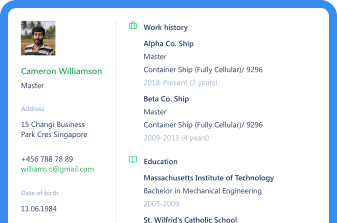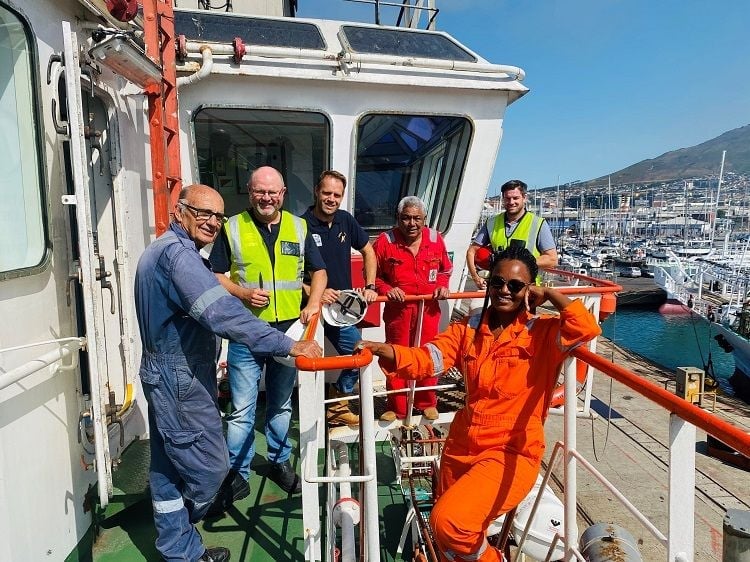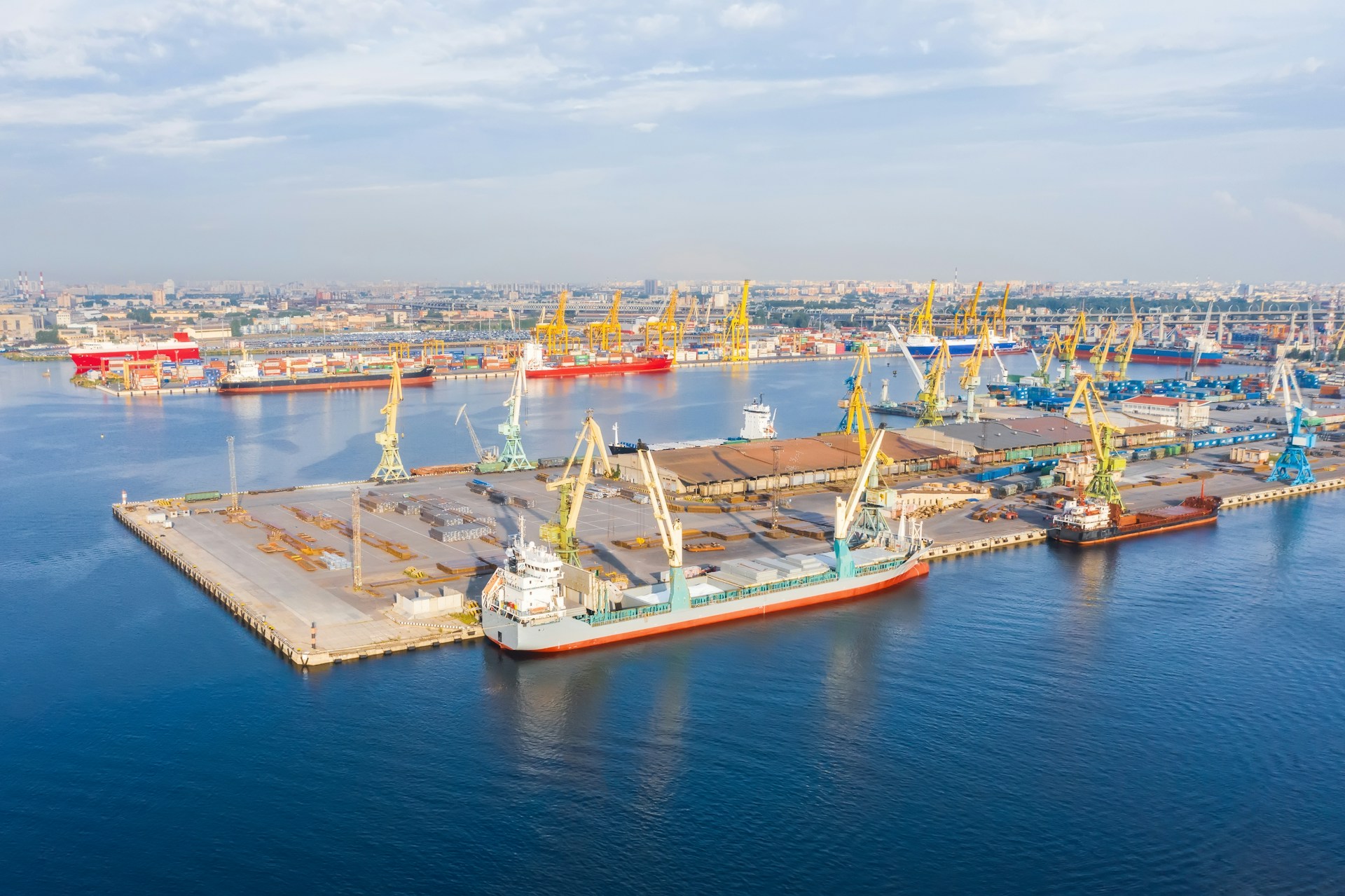World Maritime Day 2024: Navigating the Future with Safety
Sep 26, 2024 · 7 mins read ·
Maritime Industry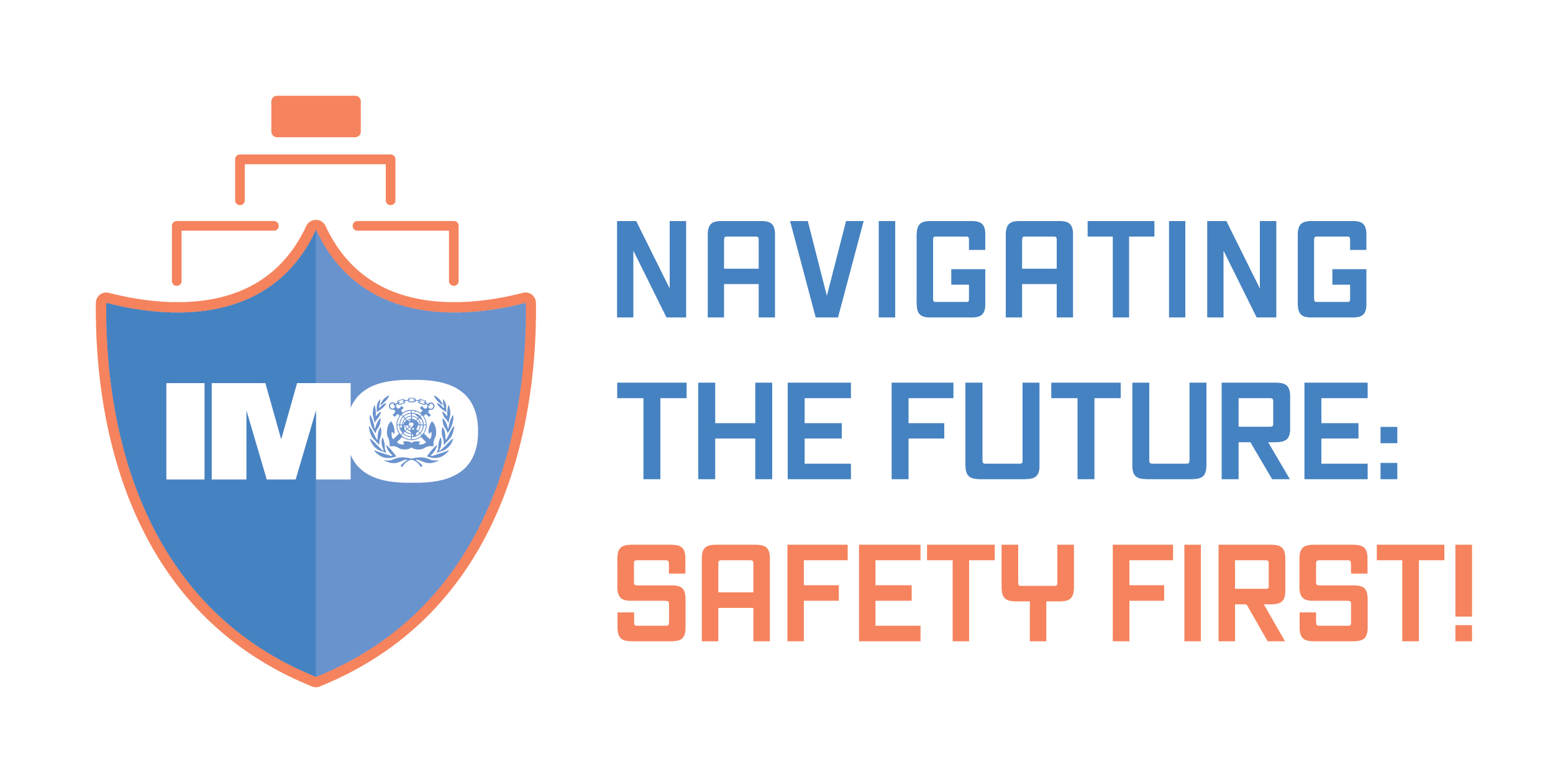
Every year, the maritime community comes together to celebrate World Maritime Day, a global event that highlights the critical importance of the maritime industry and the International Maritime Organization's (IMO) work in ensuring safe, secure, and efficient shipping.
This year, World Maritime Day is observed on September 26th, with the theme "Navigating the future: safety first!" On this significant day, it's essential to reflect on the current state of maritime safety, the advancements being made, and the future challenges and opportunities.
The importance of World Maritime Day
World Maritime Day was established by the IMO to focus attention on the vital role that shipping plays in the global economy and to emphasize the IMO's efforts in regulating and ensuring maritime safety, security, and environmental protection.
The day serves as a platform for stakeholders in the maritime industry, including shipowners, seafarers, governments, and maritime organizations, to discuss and promote initiatives aimed at enhancing maritime operations.
This year's theme: "Navigating the future: safety first!"
The theme for World Maritime Day 2024, "Navigating the future: safety first!", underscores the paramount importance of safety in the maritime sector.
As the industry evolves with technological advancements and new regulatory frameworks, ensuring the security and safety of ships, crews, as well as the marine environment remains a top priority.
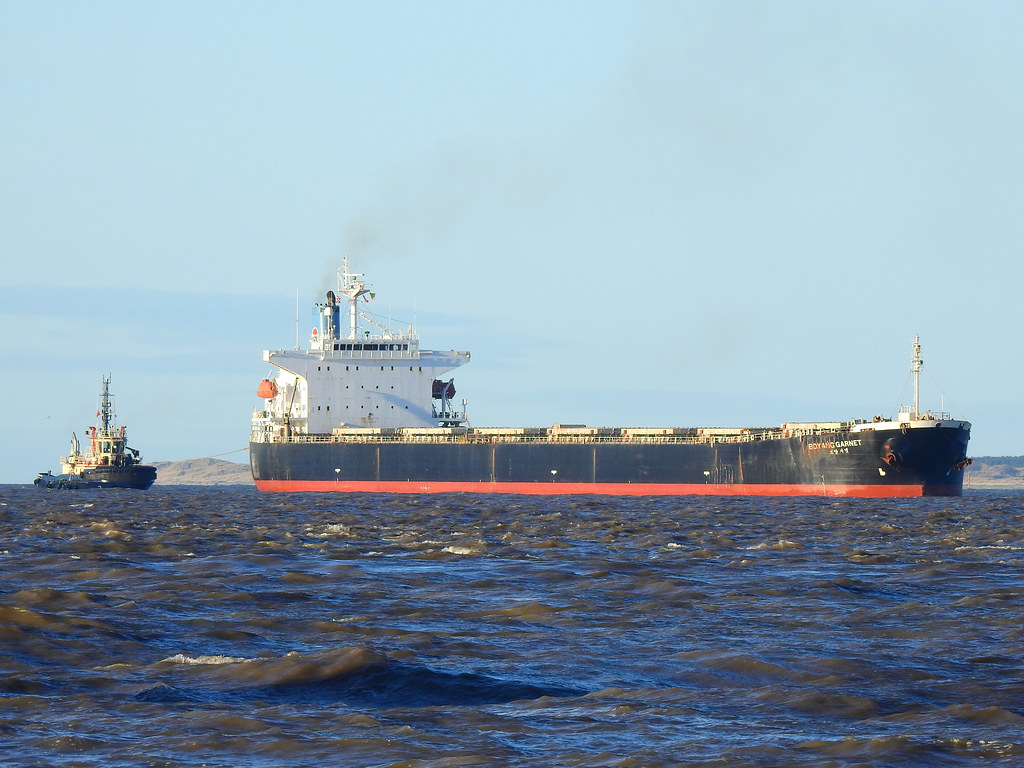
This theme invites a comprehensive examination of current safety practices and encourages innovative solutions to address future challenges.
The current state of maritime safety
The maritime industry is the backbone of international trade, with over 90% of the world’s goods transported by sea. As such, the safety of maritime operations is crucial not only for the protection of human lives and the environment but also for the stability of global trade.
In recent years, the industry has made significant strides in improving safety standards, driven by advancements in technology, stricter regulations, and a greater emphasis on training and education for seafarers.
Read more: COVID-19 & Maritime Recruitment: Lessons Learned
Technological advancements
The advent of new technologies has transformed the maritime industry. From advanced navigation systems and automated ship controls to real-time monitoring and communication tools, these innovations have significantly enhanced the safety and efficiency of maritime operations. The use of big data and artificial intelligence (AI) allows for predictive maintenance, reducing the risk of equipment failure and accidents at sea.
Regulatory frameworks
The IMO plays a critical role in developing and enforcing international maritime regulations. Conventions such as the International Convention for the Safety of Life at Sea (SOLAS) and the International Ship and Port Facility Security (ISPS) Code set stringent standards for the construction, equipment, and operation of ships.
These regulations are continually updated to address emerging threats and challenges, ensuring that the maritime industry can navigate future risks effectively.
Fun fact: 2024 marks 50 years since the adoption of the 1974 SOLAS Convention.
Read more: World Maritime Day 2022
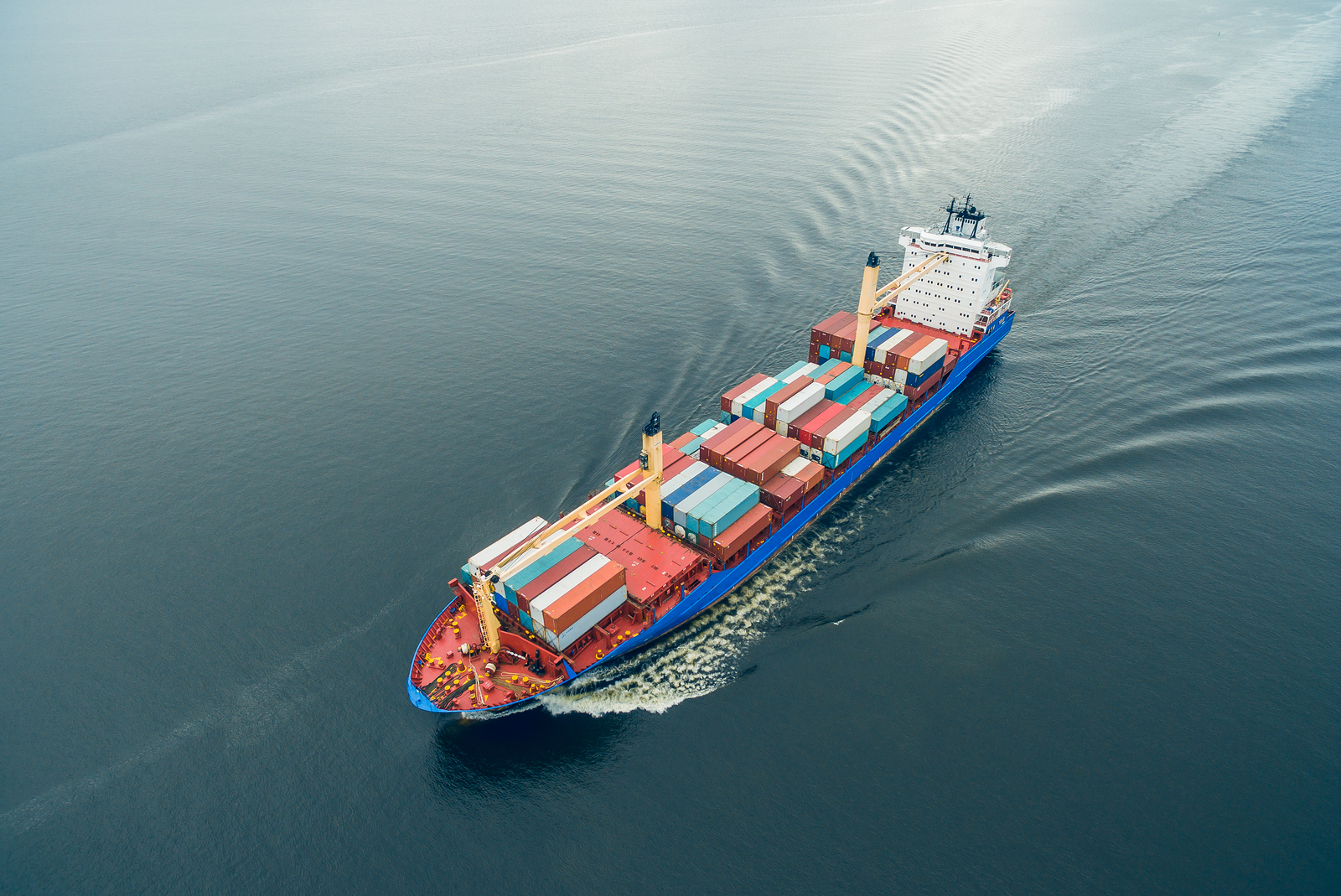
Training and education
Ensuring that seafarers are well-trained and competent is fundamental to maritime safety. The Standards of Training, Certification, and Watchkeeping for Seafarers (STCW) Convention sets out the requirements for the training and certification of seafarers.
Continuous professional development and the use of simulators for training help seafarers to handle complex and emergency situations with confidence.
Future challenges and opportunities
While significant progress has been made, the maritime industry faces ongoing and new challenges that require innovative solutions and a commitment to safety. The following are some key areas of focus:
Cybersecurity
As maritime operations become increasingly digital, the threat of cyber-attacks poses a significant risk. Ensuring robust cybersecurity measures are in place to protect critical systems and data is essential for the safety and security of maritime operations.
Environmental protection
The industry must navigate the dual challenge of enhancing safety while reducing its environmental impact. Implementing cleaner technologies and alternative fuels, such as LNG and hydrogen, can help reduce emissions and the risk of pollution from maritime activities.
The human element
Despite technological advancements, the human element remains critical in maritime operations. Enhancing the well-being of seafarers, addressing issues such as fatigue and mental health, and promoting a safety culture are vital for maintaining high safety standards.
Regulatory adaptation
As the industry evolves, regulations must adapt to address new risks and opportunities. The IMO's ongoing efforts to update and implement international regulations are crucial for ensuring that the maritime industry can safely navigate future challenges.
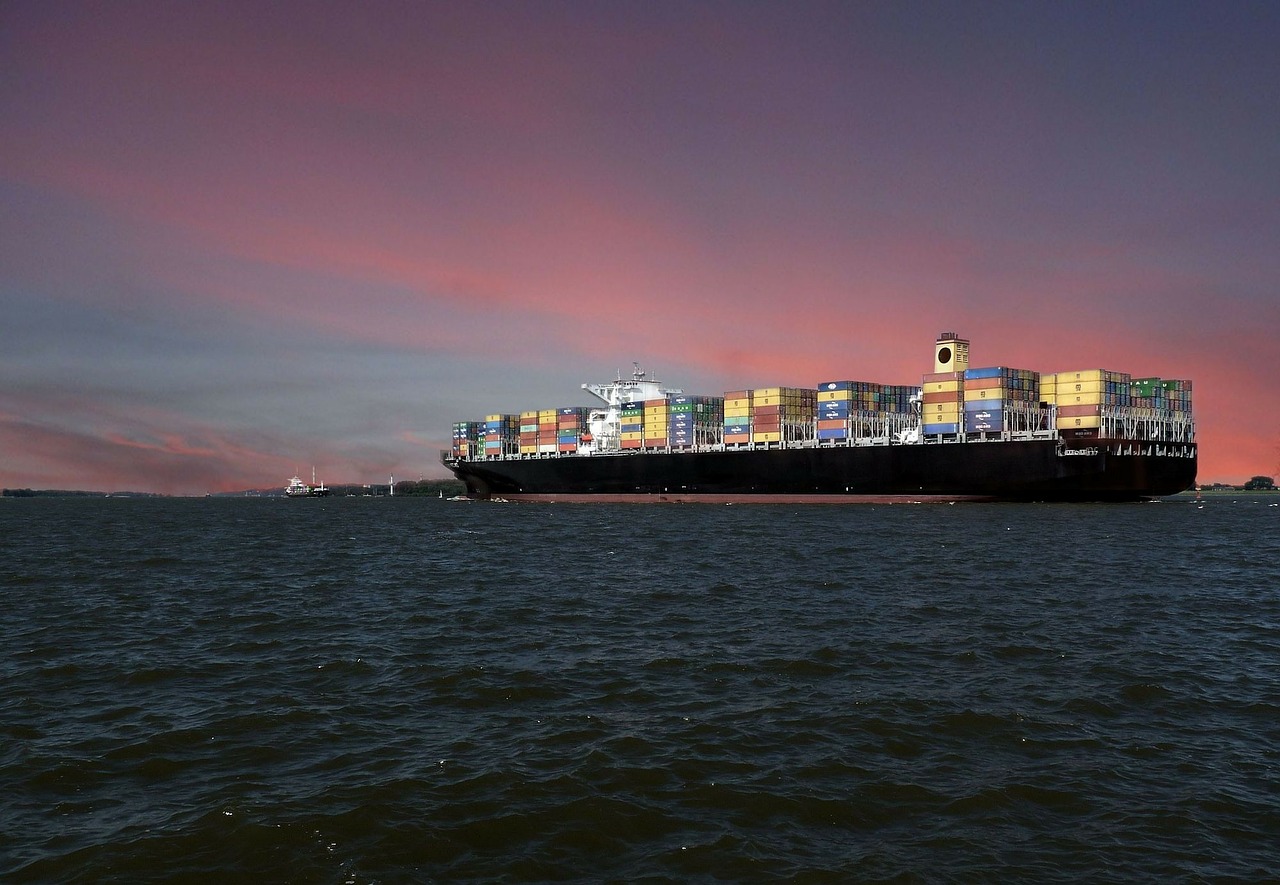
Celebrating World Maritime Day 2024
World Maritime Day 2024 provides an opportunity for the maritime community to come together and reflect on the importance of safety in navigating the future. Here are some ways to celebrate and contribute to this year's theme:
Events and workshops
Participate in or organize events, workshops, and seminars that focus on maritime safety. These events can provide valuable insights, share best practices, and promote collaboration among industry stakeholders.
Awareness campaigns
Launch awareness campaigns to highlight the importance of maritime safety. Use social media, newsletters, and other communication channels to reach a broad audience and emphasize the role of safety in ensuring the smooth operation of global trade. Don’t forget to tag social media posts with #WorldMaritimeDay.
Training initiatives
Invest in training programs for seafarers and maritime professionals. Providing access to advanced training and simulation tools can enhance their skills and preparedness for handling emergencies.
Collaboration and innovation
Foster collaboration between industry players, regulatory bodies, and technology providers to develop innovative solutions that enhance maritime safety. Sharing knowledge and resources can lead to the creation of more effective safety measures and practices.
World Maritime Day 2024: final thoughts
As we celebrate World Maritime Day 2024, the theme "Navigating the future: safety first!" reminds us of the critical importance of safety in the maritime industry.
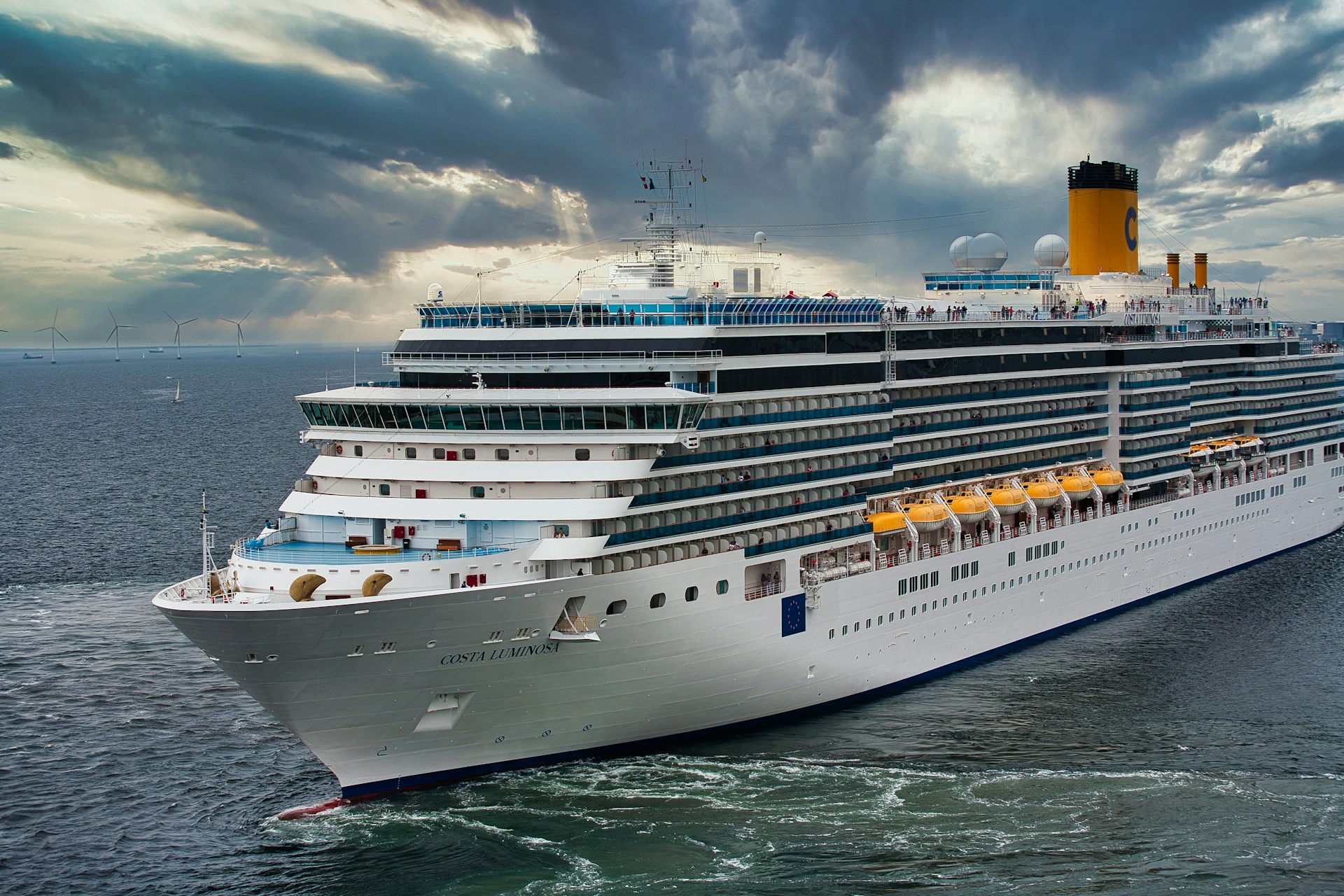
By focusing on technological advancements, robust regulations, and comprehensive training, we can ensure that the maritime sector continues to operate safely and efficiently.
Let's all use this occasion to reaffirm our commitment to safety and work together to navigate the future of maritime operations with confidence and resilience.

Eve Church
Eve is Martide's content writer, publishing regular posts on everything from our maritime recruitment and crew planning software to life at sea. Eve has been writing professionally for more than two decades, crafting everything from SEO-focused blog posts and website landing pages to magazine articles and corporate whitepapers.
UK
